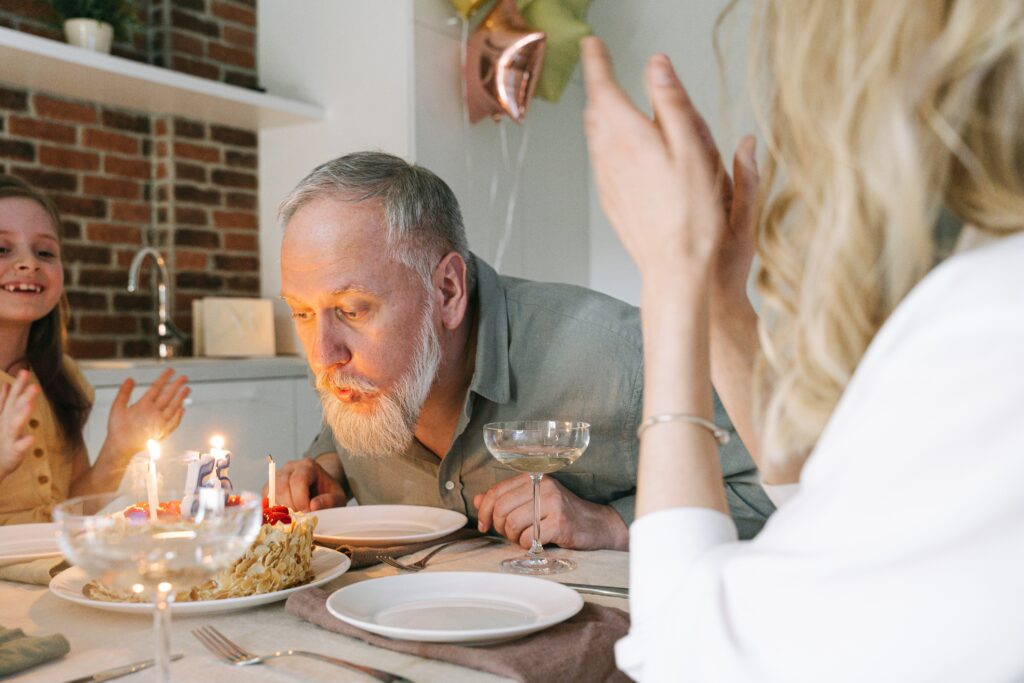Falls – when they happen and their link to ageism
By Lise Pape •
Lise Pape, founder of Walk with Path, explores the incidence of falls as we age, and invites you to share your experiences of falls to help designers create products that improve stability and safety in later life.
Falls are multifactorial. They happen at any stage of life. Statistically, they just happen more at the beginning and at the end, with the prevalence looking like an inverse bell curve.
Click here to complete the Falls questionnaire.
Ageing can be considered a privilege. As you age, you are more likely to experience more of the world, have the ability to try new things, or watch your children and grandchildren develop and mature.

However, it is also a double edged sword, as with age comes higher prevalence of disease, and hence ill health and feeling less full of life. This is the image that is often portrayed to depict ageing; someone frail and sad. However, this does not reflect the truth.
The question; how can we enjoy growing old even if our systems fail us, and how can we be perceived as what we are when we are old: someone with greater life experience, and someone who may see things differently through the eyes of having lived more years, or the circumstances in which they find themselves.
Is age just a number? Maybe so. Our rate of ageing varies. Whether we fall at 20, 40 or at 70, 95 or never, varies. We all age and our telomeres shorten. Everyday we grow one day older. We all – I should hope – aim to get older and enjoy the world for as long as possible (albeit in good health). Hence we will all ‘be old one day’. Maybe we should become better at recognising that when we stigmatise older people. We are in fact stigmatising ourselves, in a way setting our future selves up for failure when we get to the stage where we go through the ageing process.
The UK government has set a strategy to ensure five more years of healthy life. Traditionally, medicine has been about life extension, as a primary goal, and not about quality of life. That is changing, with quality slowly taking the number one spot. As a society, we should focus more on quality of life – across all ages.
During Covid lockdowns, we heard about isolation and loneliness – not only amongst people who were frail, but very much also amongst the young people in society. Maybe it is time to cross fertilise across generations, create multi-disciplinary teams, with various times of lived experience to shape how we think about ageing. It should remain a privilege.
Join us to better understand falls and why they happen – and importantly what we can do about them to ensure healthier life, of higher quality.
Click here to complete the Falls questionnaire.

More Information
Share your insights and experiences as part of a new research project exploring the incidence of falls as we grow older, and contribute to improving stability and safety.
Lise founded Walk With Path in 2014, based on her developments during Innovation Design Engineering, and her personal experience with Parkinson’s suffered by her father. The company launched it’s first product in 2017; Path Finder, a visual cueing shoe attachement to help those with Parkinson’s. The second product, a haptic feedback insole to improve balance; Path Feel, is in development.